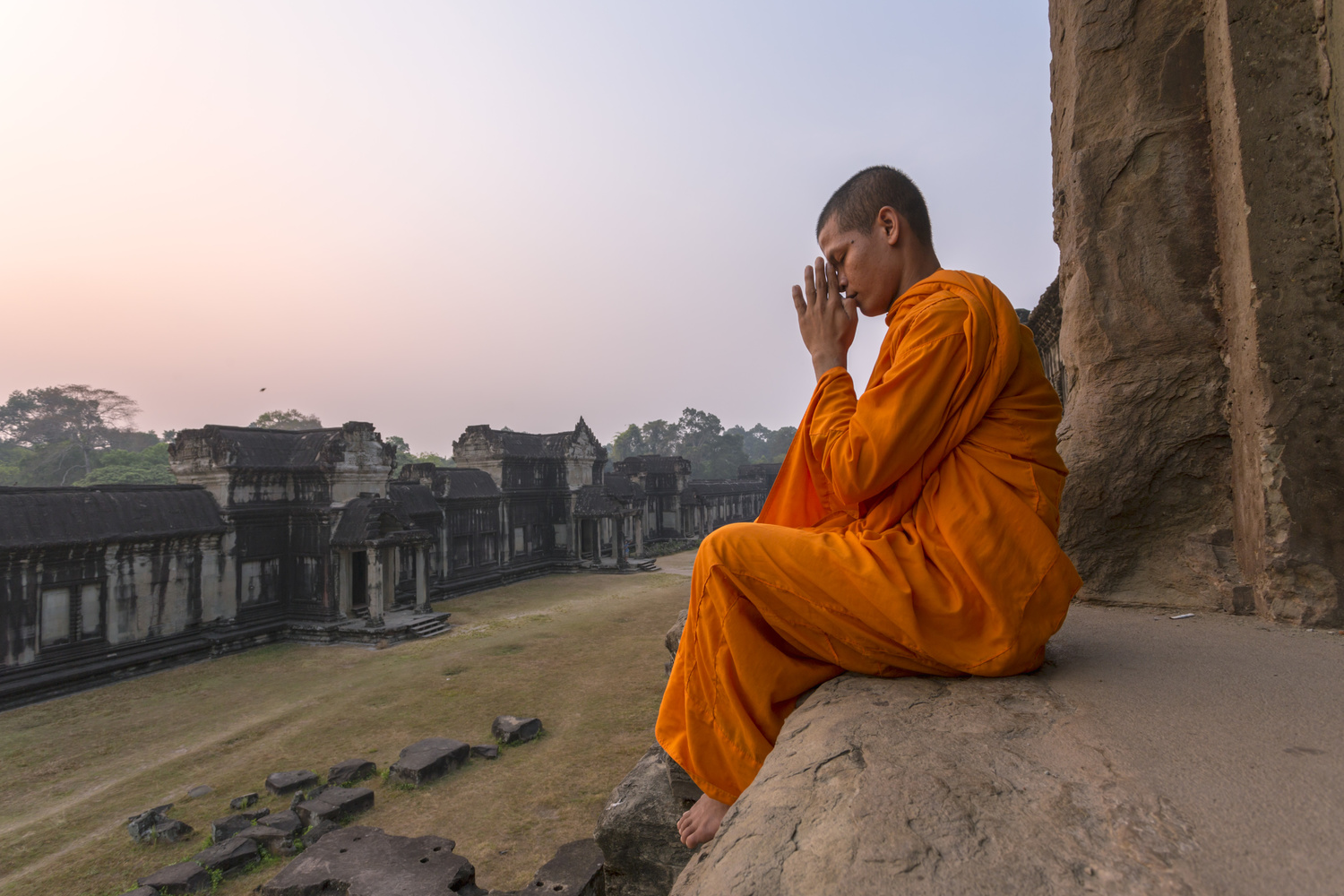“Prayer is not asking for things -- not even for the best things; it is going where they are.” Gerald Heard
Prayer
Prayer brings us to the heart of spirituality. Prayer is an experience of relationship with the Transcendent realm. It is the point where the depths of human struggle with the world, with other people, and ourselves and conflicting forces within us, intersect with our highest and most expansive sense of the spiritual dimension in communication and communion. We invoke, we ask, we praise, we give thanks, we adore and surrender.
Prayer takes many forms. In affirmative prayer, we accept with confidence and strength the goodness of life, love, health, prosperity, through our Oneness with God as the Source of all Good. With scriptural and formal prayer we leverage a collective force that spans generations and traditions energized by their history. Yet, the simple, instinctual cry, "Help, me!" may be the most common prayer. Chanting, singing, writing, dancing, drawing can all be forms of prayer. As Rumi says, "There are a thousand ways to kneel and kiss the ground; there are a thousand ways to go home again," as we reach toward something greater than our narrow sense of circumstances to a solution, or a freedom, beyond.
“The function of prayer is not to influence God, but rather to change the nature of the one who prays.”
articles
"Maturing in Prayer" by Dr. Susan Nettleton
"Prayer as Self-Transformation" by Dr. Susan Nettleton
"Times of Upheaval" by Dr. Susan Nettleton
“If It’s Not on the Menu, Ask Anyway” by Dr. Larry Morris
“Falling Into Fall” by Dr. Larry Morris
“Unexpected Income” by Dr. Larry Morris
“Remember to Say Thank You” by Dr. Larry Morris
Prayers & affirmations
Poem-Prayers by Dr. Larry Morris
"Affirmation Prayer in a Time of Injury" (Susan Nettleton)
"Affirmation Prayer for Freedom from the Past" (Susan Nettleton)
"General Affirmation Prayer for Others" by Dr. Susan Nettleton
"Walking in Beauty" (closing prayer from Navajo blessing ceremony)
“For the ancients, prayer was an attempt to enter into harmony with the deeper rhythm of life. Prayer tempered human arrogance; it became the disclosure point of the deeper, eternal order. In post-modern society, the isolated individual has become the measure of all things. It is no surprise that in our loss of connection with Nature, we have forgotten how to pray. We even believe that we do not need to pray.”

